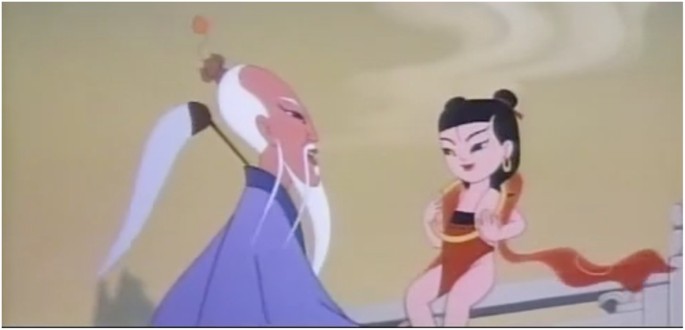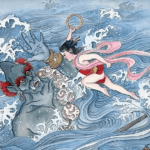Bridging Cultures: Adapting Nezha for the West
Nezha, the rebellious Chinese deity, embodies rich cultural symbolism deeply rooted in Eastern mythology. Adapting his story for Western audiences presents both challenges and opportunities—balancing authenticity with accessibility. This article explores how translators and creators can preserve Nezha’s mythological essence while making his legend resonate across cultural boundaries, ensuring his legacy thrives globally.
Preserving Core Mythology in Translation
Nezha’s tale is steeped in Taoist and Buddhist philosophy, where his defiance against authority reflects themes of justice and redemption. Direct translations risk losing nuance—such as the significance of his lotus rebirth or his feud with the Dragon Kings. To maintain authenticity:
- Contextualize symbolic elements (e.g., the Universe Ring, Fire-Tipped Spear) without oversimplifying.
- Retain key cultural motifs, like filial piety, but frame them in relatable conflicts.
- Use footnotes or supplemental material for deeper mythological insights.
For instance, Disney’s Mulan adapted Confucian values for Western audiences by emphasizing individuality—a strategy that could work for Nezha’s rebellious spirit.
Cultural Resonance and Artistic Reinterpretation
Western adaptations often reimagine folklore through animation or films (e.g., Kubo and the Two Strings), blending Eastern aesthetics with universal storytelling. For Nezha:
- Visual storytelling can bridge gaps—his fiery imagery and dynamic battles translate well to action-adventure genres.
- Collaborate with Chinese mythologists to ensure respectful representation.
- Highlight parallels to Western heroes (e.g., Hercules’ defiance, Loki’s trickery) to foster familiarity.
2019’s Ne Zha anime film achieved global success by modernizing his story while keeping its cultural heart—proof that authenticity and creativity can coexist.
Conclusion: Myth as a Universal Language
Adapting Nezha for the West demands a delicate balance—honoring his origins while embracing new audiences. By preserving core symbolism and leveraging universal themes, his story can transcend borders. Whether through film, literature, or gaming, Nezha’s journey reminds us that myths, though culturally specific, speak to shared human experiences. The challenge lies not in rewriting his legend, but in reinvigorating it for the world.


